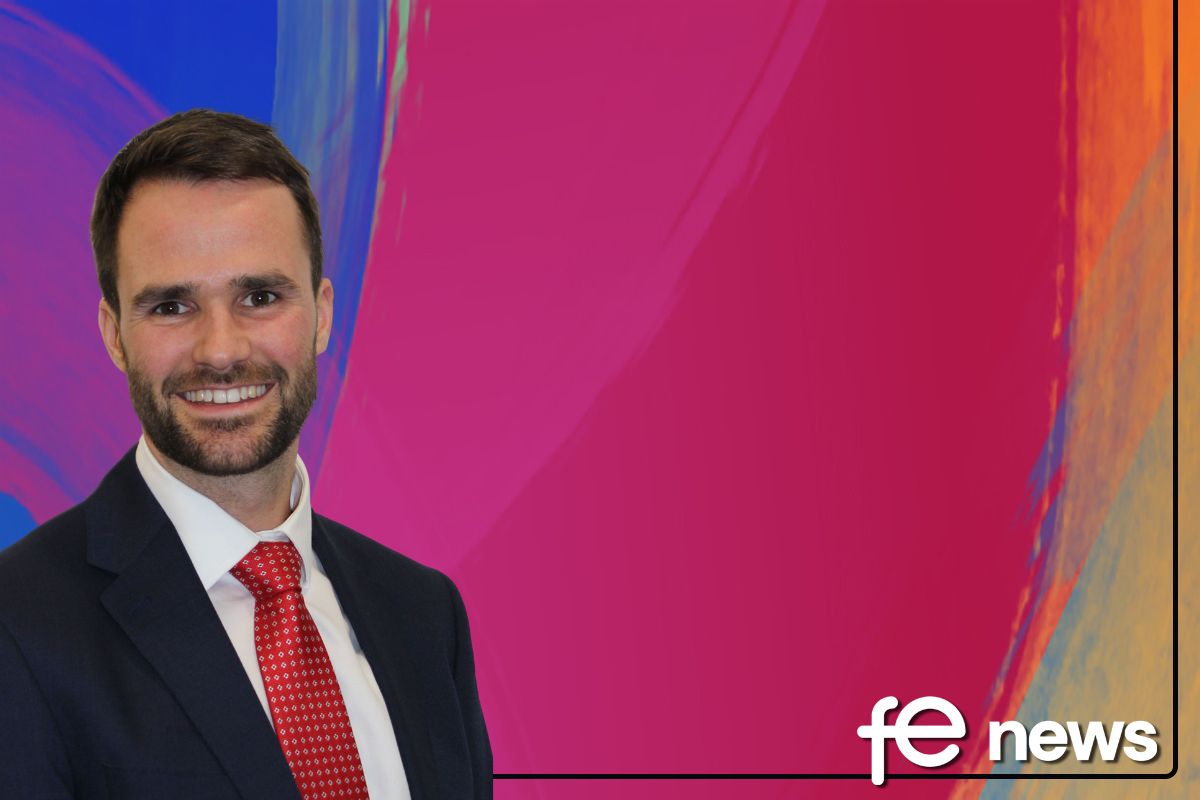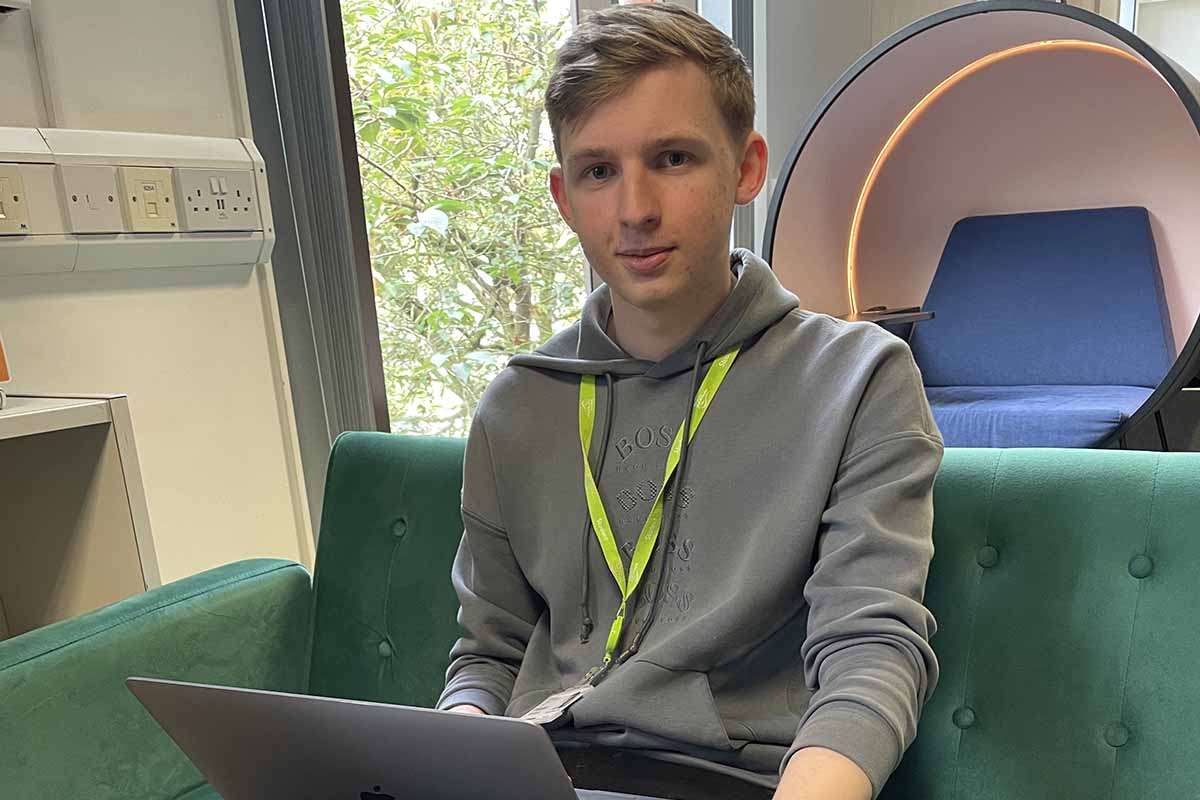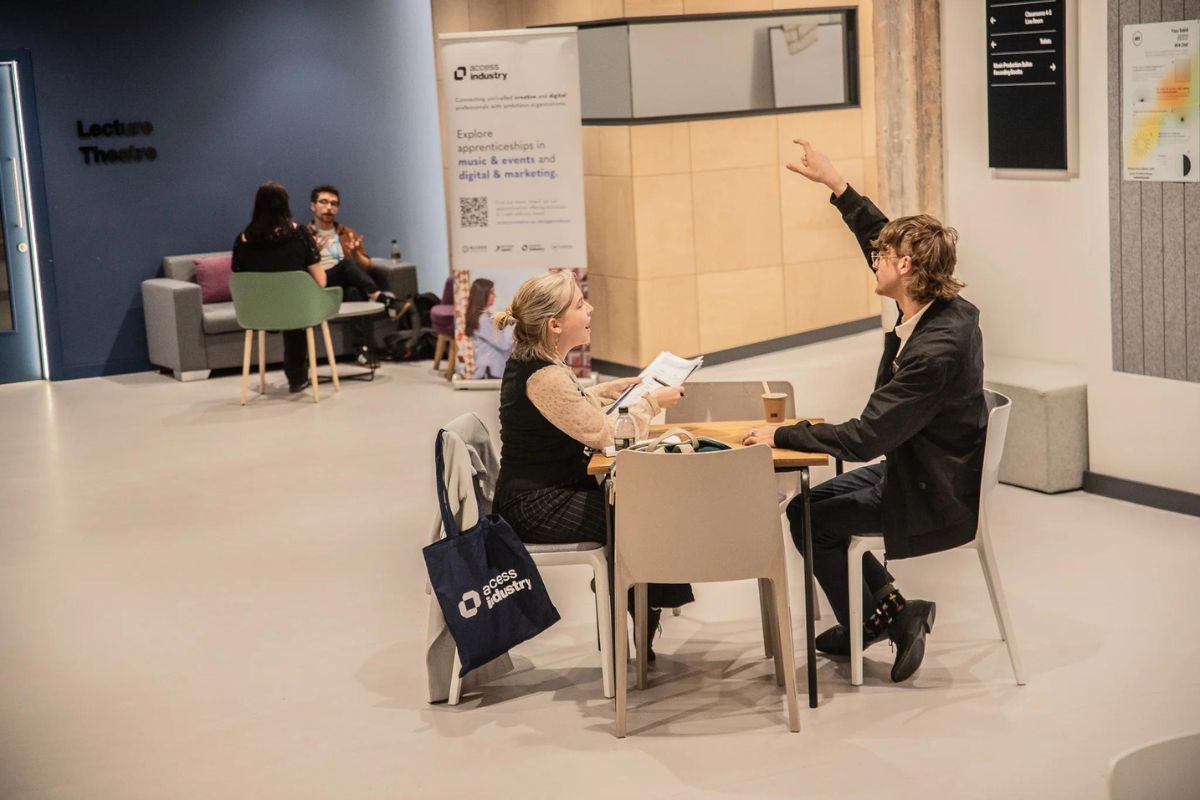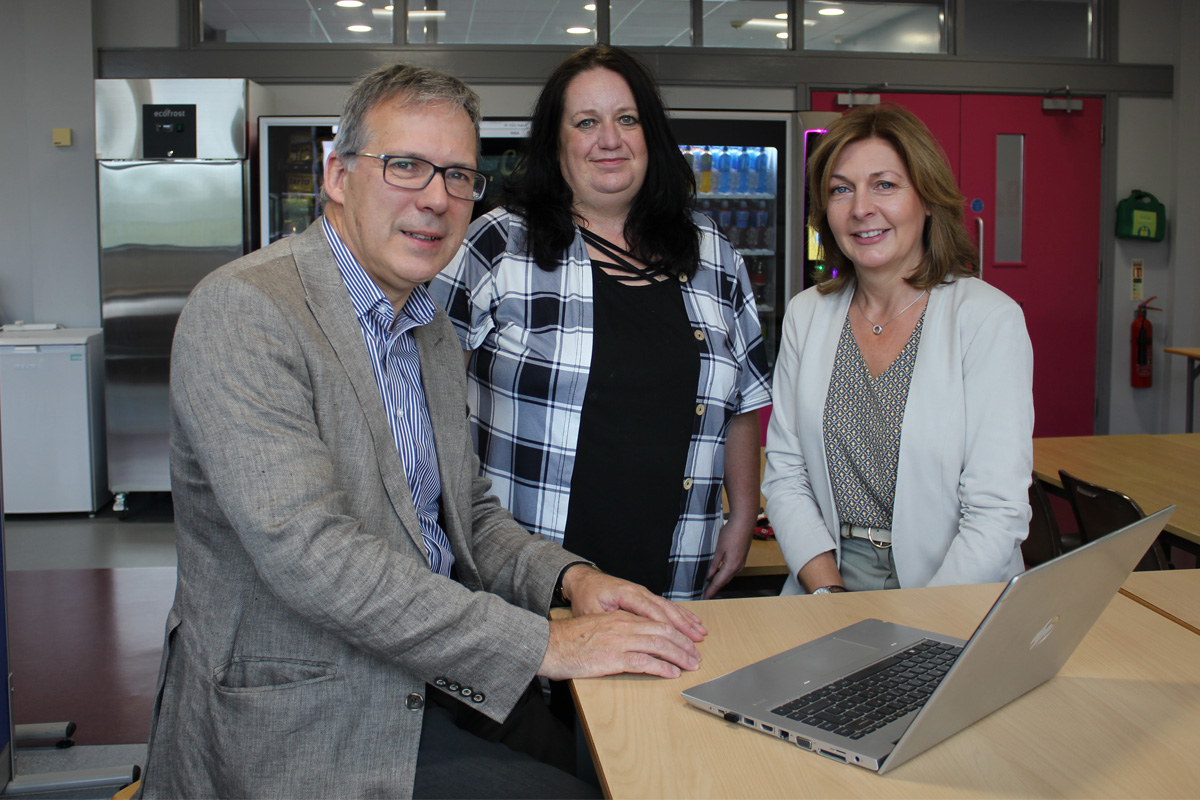IoTs are the future for higher technical skills

Institutes of Technology are flourishing, and following the first IOT national conference, Alex Warner ( South Central IoT) reflects on what’s been achieved, and what the sector needs from a new government to fulfil its full potential.
The initial idea of IoTs
Five years ago, as a member of staff at Activate Learning (an FE Group spanning Oxfordshire, Berkshire and Surrey), I had my first conversations with counterparts from Milton Keynes College Group about putting together a joint bid for one of the newfangled Institutes of Technology (IoTs).
Not everyone in the sector was convinced they were a good idea. Some commentators compared the concept with the UTCs (University Technology Colleges) and referenced under-recruitment and half-empty buildings. Others pointed to the plan for National Colleges (remember the National College of High Speed Rail?) and said FE was already short enough of funding, and that the new institutes would merely syphon off much needed cash from the existing sector.
In contrast, five years on, and we’ve just seen the first IoT national conference. Lord David Sainsbury opened the event, describing IoTs as, “An idea whose time has come.” Education Secretary, Gillian Keegan chimed in saying that she believes IoTs are, “the jewel in the crown of technical education.”
The second wave of IoTs is on the way
Today, the first wave of twelve IoTs are not just surviving but thriving, with full learner rolls and providing first class technical education. The second wave is on the way with nine more working towards opening their doors. Ministers and education experts have hailed the rollout as a remarkable success, saying that take-up has exceeded expectations. DfE recruitment targets are doubled every twelve months, and here at the South Central Institute of Technology in Bletchley, we’re on course to reach and go beyond our required numbers for the coming academic year as we have double the number of applicants, a picture reflected at IoTs across the country.
Government confidence is reflected to some degree in terms of pump-priming finance, with grant money currently in the bidding process for Higher Technical Skills Injection Funds. Our offering dovetails elegantly with the government’s promise to introduce the Lifelong Learning Entitlement from 2025, as our current cohort includes learners from eighteen to fifty-five. There are suggestions that the five year license agreement, coming to an end shortly, will be replaced by a ten year term – again, a sign of Whitehall belief in the project. That faith is reflected in the big corporate names involved as anchor partners of IoTs – including KPMG and Microsoft, in our case.
Now is the time to maximise what is currently an engine of change in a limited way. With a new government over the horizon, it’s vital that an incoming administration sees the potential for IoTs to make a significant impact in providing those skills of which the country is in such desperate need. To that end it is vital that the Lifelong Learning Entitlement survives any budgetary challenges.
Raising IoT’s profile
We need help in raising our profile. Currently, maybe one in a hundred people knows what an IoT is. For us to achieve our potential that has to improve. We need support to give confidence to would-be applicants that the education and training we provide is a viable and profitable alternative to university, and to persuade the recruitment teams at large corporations that our alumni are just as good an investment for them as any red-brick graduate. Funding thus far has been for buildings, but recruiting specialists in artificial intelligence and cyber security as we do, is to fish in a very expensive pool, so money is essential for offering competitive salaries.
IoTs have come a very long way in a very short space of time, and our learners are already out in the world, embarking on important and productive careers. Governments and business have talked for decades about the need for greater technical skills training to help keep the country competitive and to achieve the growth to which all politicians aspire. With the right investment, IoTs can make it happen.
By Alex Warner, Principal Milton Keynes College Group
FE News on the go…
Welcome to FE News on the go, the podcast that delivers exclusive articles from the world of further education straight to your ears.
We are experimenting with Artificial Intelligence to make our exclusive articles even more accessible while also automating the process for our team of project managers.
In each episode, our thought leaders and sector influencers will delve into the most pressing issues facing the FE sector, offering their insights and analysis on the latest news, trends, and developments.











Responses